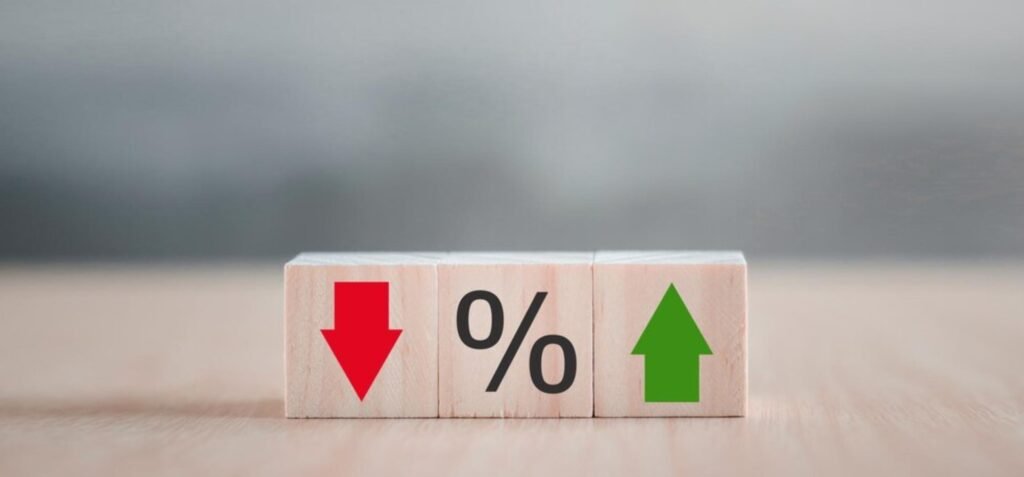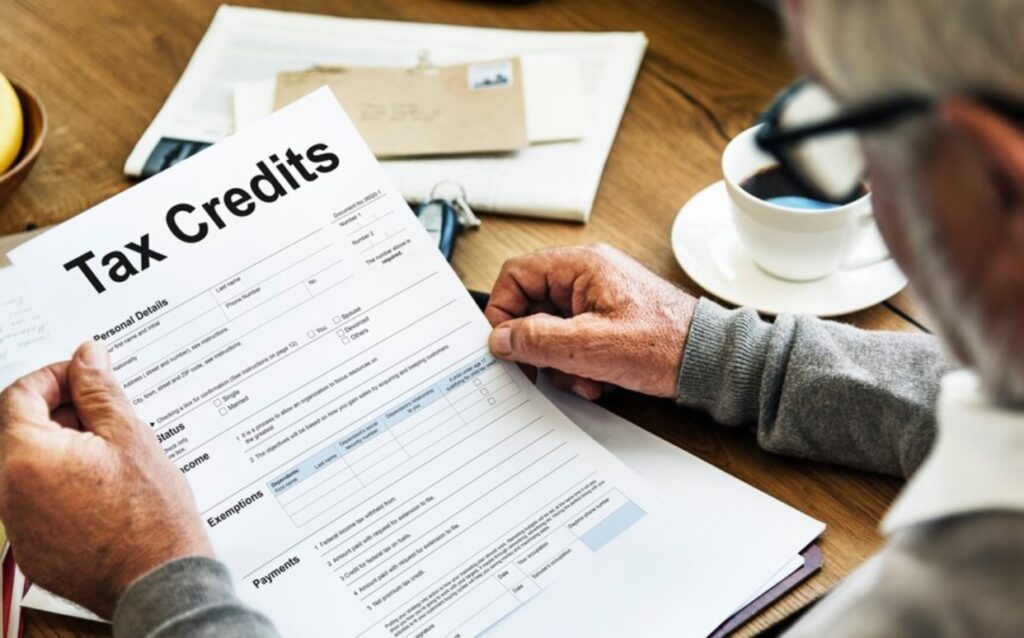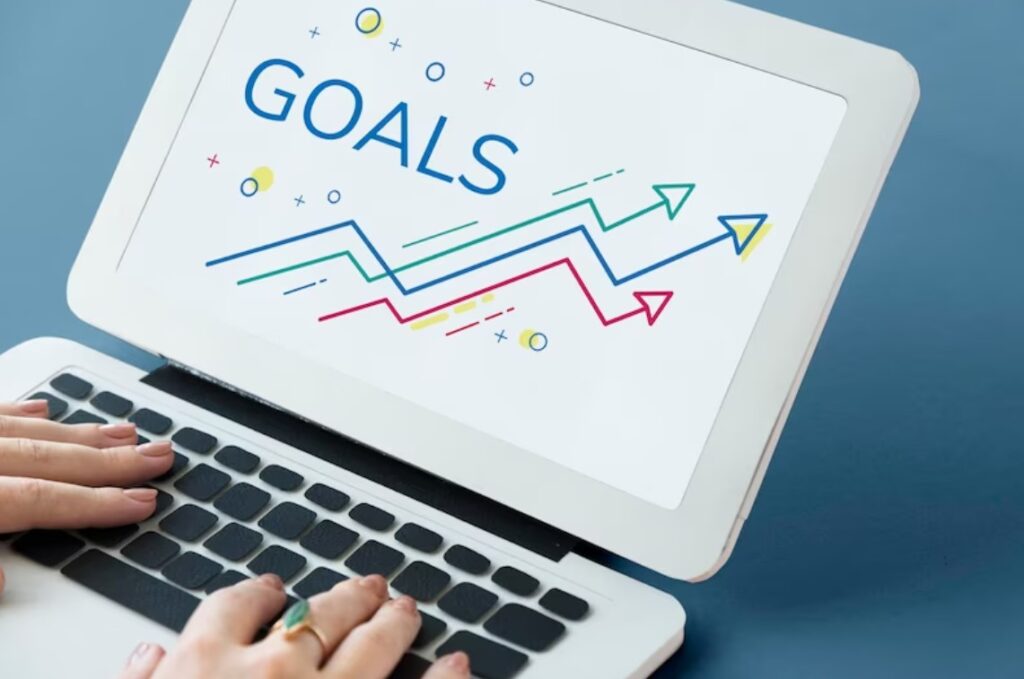Debt and credit are both essential elements of the financial world. Debt is money that a person or business owes to another party, such as banks, creditors, or other lenders. Credit, on the other hand, is a form of loan that is provided by a lender to a borrower. Debt and credit can be used to purchase goods and services, purchase a home, finance business operations, and much more. Unfortunately, debt can also be a huge burden that can cause major financial hardship and can have a damaging impact on an individual’s financial well-being.
This is why it is so important to develop credit and debt management strategies. These strategies can help individuals break free from debt and improve their financial situation. Credit and debt management strategies involve budgeting, reducing expenses, and repaying debt in a timely and efficient manner. These strategies can also involve exploring different methods of debt repayment, such as consolidation or debt settlement. In addition, individuals should strive to maintain a good credit score, as this can help them access better loan terms and lower interest rates.

Overall, it is essential for individuals to develop effective credit and debt management strategies in order to break free from debt and achieve a better financial situation. With the right strategies and support, individuals can overcome debt and take control of their financial future. Understanding the importance of credit and debt management strategies is the first step in achieving financial freedom.
Understanding Credit Scores and Reports
Explain Credit Scores and How They are Calculated
Credit scores are numerical ratings that reflect an individual’s creditworthiness and are determined by a variety of factors. Credit scores range from 300 to 850, with higher scores indicating a lower risk for lenders. Credit scores are generally based on a person’s payment history, amount of debt, length of credit history, types of credit used, and new credit inquiries. Payment history has the greatest impact on credit scores, followed by amounts owed, length of credit, types of credit used, and new credit inquiries.
Discuss the Factors that Affect Credit Scores
Payment history is the most important factor that affects credit scores, and it is important to make sure payments are made on time and in full. Credit utilization, or the ratio of debt to available credit, also affects credit scores. Credit utilization should be kept below 30%, meaning it is best to not use more than 30% of the available credit. Opening new credit accounts or taking out large loans can also lower credit scores. It is important to manage credit responsibly and maintain a good credit history.
Provide Tips on How to Improve Credit Scores
If credit scores are lower than desired, there are a few steps that can be taken to improve them. Paying bills on time and in full is the best way to improve credit scores. It is also important to keep credit utilization below 30%. Lowering debt and reducing the number of open credit accounts can also help improve credit scores. It is important to maintain a good credit history and manage credit responsibly.
Explain How to Obtain and Interpret Credit Reports
Credit reports provide detailed information about an individual’s credit history. Credit reports can be obtained from the three major credit bureaus: Equifax, Experian, and TransUnion. Credit reports include information such as payment history, credit accounts, credit inquiries, and public records. Credit reports should be regularly reviewed to ensure accuracy and to spot any potential signs of identity theft.

Budgeting and Spending Habits
Explain the Importance of Budgeting
Budgeting is an essential tool for controlling and managing your finances. It is the process of setting a spending plan and tracking the money you spend to ensure that you don’t overspend. Having a budget helps you to identify where your money is going, so you can make better decisions about how to use it. Budgeting is important because it helps you to reach your financial goals, like saving for a house or a car, or even just having an emergency fund. It also makes it easier to pay off debt, like credit cards and student loans.
Provide Tips on How to Create a Budget
Creating a budget can seem daunting at first, but it doesn’t have to be. The first step is to identify your income and expenses. You should list all of your sources of income, like your salary, bonuses, or any other income, and then list all of your expenses, like rent, food, car payments, etc. Then, you should calculate your total income and total expenses. The difference between the two is your “budget”. You should then allocate your income to your different expenses. This means setting aside money for rent, food, car payments, etc. Finally, you should track your spending to ensure that you are staying within your budget.
Discuss the Benefits of Tracking Spending Habits
Tracking your spending habits is a great way to stay on top of your budget. It allows you to identify where your money is going, so you can make better decisions about how to use it. Tracking your spending can also help you to identify areas where you are overspending and areas where you could potentially save money. Additionally, tracking your spending can help you to identify areas where you can reduce expenses.
Provide Tips on How to Cut Expenses and Save Money
There are a few tips for cutting expenses and saving money. The first tip is to identify areas where you are overspending, and then look for ways to reduce those expenses. This could include things like eating out less, or switching to a cheaper phone plan. Another tip is to look for ways to increase your income, like taking on a side job or selling items you no longer need. Additionally, you should try to stay away from impulse purchases, and instead save up for items you want. Finally, you should look for ways to automate your savings, like setting up an automatic transfer to a savings account each month.
Debt Reduction Strategies
Explain the difference between the debt snowball and debt avalanche methods
The debt snowball and debt avalanche methods are two popular debt reduction strategies that can help consumers manage their debt more effectively. The debt snowball method involves paying off the lowest balance debt first and gradually increasing the payment amount until the debt is paid off. The debt avalanche method involves paying off the debt with the highest interest rate first and gradually decreasing the payment amount until the debt is paid off.
Provide tips on negotiating with creditors
Negotiating with creditors is an effective way to reduce debt. Some tips to consider when negotiating with creditors include being organized and prepared with all relevant financial information, clearly articulating one’s ability and willingness to pay, making reasonable and realistic offers, and being persistent and consistent in follow-up communication.

Discuss the pros and cons of debt consolidation
Debt consolidation is a debt reduction strategy that involves taking out a loan to pay off existing debt. The pros of debt consolidation include simplifying the debt repayment process, potentially reducing the cost of debt repayment, and potentially improving one’s credit score. The cons of debt consolidation include the potential for an increase in the total amount of debt owed, the potential for high interest rates, and the potential for the debt consolidation loan to negatively impact one’s credit score.
Highlight the importance of making timely payments
Making timely payments is an important part of any debt reduction strategy. Making timely payments helps to ensure that debt is paid off in a timely manner and prevents late fees, which can add to the overall amount of debt owed. Additionally, making timely payments helps to maintain a good credit score and can result in lower interest rates or better terms on loans.
Credit Management Strategies
Discuss the Benefits of Using Credit Responsibly
Using credit responsibly is essential to financial success and can help you build a strong credit score. Responsible credit use can make it easier to access financing for big purchases, such as a house or car, or to secure a loan with a favorable interest rate. Additionally, having a good credit score makes it easier to qualify for a credit card with favorable terms, such as a low interest rate, a rewards program, or a sign-up bonus.
Provide Tips on How to Use Credit Cards Wisely
Using credit cards wisely is essential for keeping your finances in order. Always make sure to pay your full balance each month; if you can’t, pay as much as you can. Avoid using your credit card for impulse purchases and never charge more than you can reasonably afford to pay back. Additionally, keep an eye on your credit limit and never exceed it. Finally, be sure to check your credit card statement each month for any suspicious or fraudulent activity.
Explain the Impact of Opening and Closing Credit Accounts
Opening and closing credit accounts can have a significant impact on your credit score. Opening too many accounts in a short period of time can negatively affect your credit score, as can closing existing accounts. When opening a new credit account, make sure to consider the impact it will have on your credit score. If you close an existing credit account, make sure to do so in a way that minimizes the impact on your credit score.
Provide Tips on How to Handle Credit Disputes
When it comes to credit disputes, it’s important to be proactive. If you spot an error on your credit report, contact the credit bureau immediately and request an investigation. If you’re disputing a charge on your credit card, contact the creditor and explain the situation. If necessary, you can also contact a local consumer protection agency or a credit counseling organization for help. Additionally, it’s a good idea to keep records of all communication with the credit bureau or creditor, as this may be necessary if your dispute is not resolved.
Financial Planning and Investing
Highlighting the Importance of Financial Planning
Financial planning is an important part of any individual’s life. It helps ensure that your financial needs are met, and that you are able to make the most of your hard-earned money. Financial planning involves setting realistic goals, setting a budget, and strategically investing your money in order to reach those goals. It is essential to have a well-thought-out financial plan in order to ensure a secure future.
Setting Financial Goals
Setting financial goals is an important part of financial planning. It is important to set both short and long-term goals, as well as to review them regularly. Short-term goals should include things like saving for an emergency fund, paying off debt, and establishing a budget. Long-term goals should include things like retirement planning, saving for college, and investing for the future.

Benefits of Investing for the Future
Investing is an important part of financial planning. Investing in stocks, bonds, mutual funds, and other assets can help you grow your wealth over time. Investing can also provide financial security and help you reach your long-term financial goals. It is important to understand the different types of investments and to create a diversified portfolio that meets your needs.
Different Types of Investment Options
There are several types of investment options available. Stocks, bonds, mutual funds, real estate, and commodities are all potential investment vehicles. Each type of investment carries its own risks and rewards, so it is important to understand the different types of investments and to diversify your portfolio. Additionally, it is important to research the different types of investments and to understand the potential risks and rewards before investing.
Conclusion:
Breaking free from debt requires a combination of smart credit and debt management strategies. With discipline and dedication, you can learn to manage your debt and credit responsibly. Developing a budget and keeping track of your spending are essential to staying on top of your finances. Additionally, you should build an emergency fund to fall back on if you experience a financial hardship. If you are overwhelmed by debt, you may consider seeking help from a financial counselor or a debt relief company.
By following these steps and educating yourself about credit and debt management, you can become debt-free and secure your financial future. Taking the time to understand how debt works and how to manage it responsibly is an investment in yourself that will pay off in the long run. With a few simple strategies, you can break free from debt and start to enjoy the financial freedom you deserve.
FAQ – Credit and Debt Management Strategies
1. What are the best strategies for credit and debt management?
Answer: The best strategies for credit and debt management include creating a budget, paying bills on time, reducing expenses, paying off debts from highest interest to lowest, and using cash instead of credit.
2. What is the most effective way to pay off debt?
Answer: The most effective way to pay off debt is to pay off debts from highest interest to lowest. This will help to minimize the amount of interest you pay on the debt.
3. How can I improve my credit score?
Answer: You can improve your credit score by making on-time payments, reducing your credit utilization ratio, paying off debt, and not opening new credit cards.
4. What should I do if I am having trouble paying my bills?
Answer: If you are having trouble paying your bills, it is important to contact your creditors and explain your situation. Many creditors are willing to work with customers to create payment plans or negotiate lower payments.
5. What is the best way to create a budget?
Answer: The best way to create a budget is to start by tracking your spending for a few months. This will help you identify where you are spending your money and how much you can afford to save. Once you have identified your spending, you can create a budget that allocates money to essential expenses and savings.
6. What are the benefits of using cash instead of credit?
Answer: The benefits of using cash instead of credit include avoiding interest costs and debt, better budgeting, and improved self-discipline.
7. What are the advantages of paying off credit card debt?
Answer: The advantages of paying off credit card debt include improved credit score, reduced stress, and increased cash flow.
8. What is the best way to reduce my expenses?
Answer: The best way to reduce your expenses is to create a budget and track your spending. Identifying areas where you can cut back on spending and finding ways to save money can help you reduce your expenses.
9. What should I do if I have a lot of debt?
Answer: If you have a lot of debt, it is important to create a plan to pay off the debt. Focus on paying off the highest interest debt first, create a budget, and consider consolidating your debt.
10. How can I avoid getting into debt?
Answer: To avoid getting into debt, it is important to create a budget and live within your means. Additionally, it is important to use cash instead of credit and only use credit when necessary.
